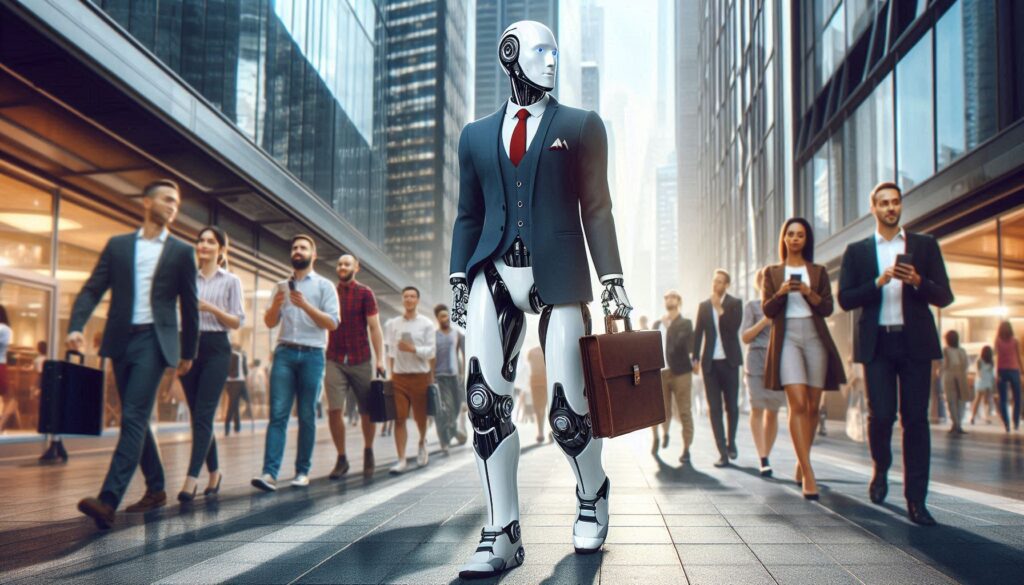
Molly S.
Business-savvy enthusiast with a mindset on growth and advocate for mental health!
Updated by Molly S. on 11/18/24
In today’s fast-paced business world, decision-making can make or break an organization’s success. Historically, executives and managers relied on their experience, intuition, and available data to guide strategic choices. But the rise of artificial intelligence (AI) has introduced a game-changing element to the decision-making process—enabling businesses to make smarter, faster, and more informed choices.
1. Data-Driven Insights at Scale
One of AI’s most powerful contributions to business decision-making is its ability to analyze vast amounts of data in real time. Traditional data analysis often required manual effort, was prone to errors, and lacked the ability to uncover deeper patterns. With AI-powered analytics, businesses can now process huge datasets, identifying trends and insights that would be nearly impossible for humans to detect. Whether it’s sales data, customer behavior patterns, or market trends, AI can provide businesses with actionable insights that enhance forecasting, improve operational efficiency, and optimize resource allocation.
2. Predictive Analytics for Smarter Decisions
AI doesn’t just help businesses understand the past; it helps them predict the future. Predictive analytics, powered by machine learning algorithms, allow businesses to forecast outcomes based on historical data and trends. For example, AI can predict customer demand, inventory needs, and even potential market disruptions. By using these predictive models, companies can make proactive, data-backed decisions that minimize risks and maximize opportunities.
3. Personalization and Customer-Centric Decisions
AI is also transforming how businesses approach their customers. By leveraging AI-driven tools, companies can analyze consumer preferences, behaviors, and purchasing patterns, allowing them to deliver hyper-personalized experiences. This level of customization improves customer satisfaction and loyalty, making businesses more agile in adapting to customer needs. For example, AI is behind recommendation engines used by companies like Amazon and Netflix, offering tailored product suggestions that drive sales and engagement.
4. Automated Decision-Making
While human judgment remains crucial in many strategic decisions, AI can automate routine and low-risk decisions, freeing up leaders to focus on more complex issues. For instance, AI can optimize supply chain logistics, handle customer service inquiries through chatbots, or manage inventory restocking without human intervention. By automating repetitive tasks, businesses can operate more efficiently and reduce the chances of human error, leading to better decision outcomes.
5. Improved Risk Management
AI is also enhancing how businesses assess and manage risk. By using machine learning models to identify potential threats—from financial fraud to cybersecurity vulnerabilities—companies can proactively address risks before they escalate. AI-driven risk management tools help businesses recognize patterns of behavior that may indicate emerging threats, giving them time to act swiftly and mitigate potential damage.

Conclusion
As AI continues to evolve, its impact on business decision-making will only grow. With the power of AI, companies can harness data more effectively, predict future outcomes with greater accuracy, and make decisions that are not just reactive but strategically proactive. The businesses that embrace AI today are positioning themselves to thrive in the competitive landscape of tomorrow, driving smarter, more agile decisions that will shape their future success.



